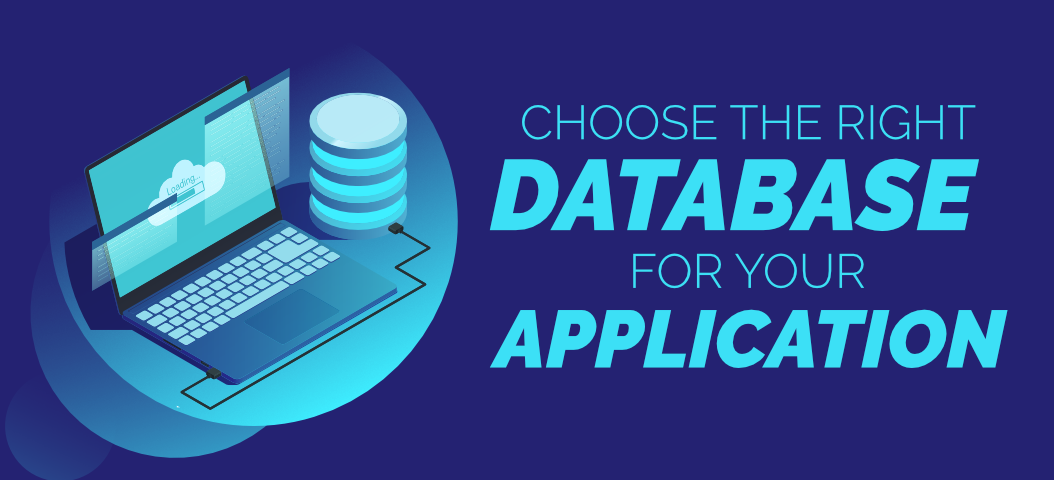How to Choose the Right Database for Your Needs
In the world of modern technology, data is the backbone of countless applications and systems. Choosing the right database is a critical decision that can impact the efficiency, scalability, and overall success of your project. With a myriad of database options available, each catering to specific use cases, making an informed choice is paramount. This article will guide you through the essential considerations to help you select the perfect database solution for your needs.
Understanding Your Requirements
Before diving into the world of databases, it’s crucial to have a clear understanding of your project’s requirements. Consider factors such as data volume, type, complexity, expected traffic, and future scalability. Whether you’re building a content management system, an e-commerce platform, or a data analytics application, your requirements will shape the database decision.
Relational vs. NoSQL Databases
The first major decision is choosing between relational and NoSQL databases.
- Relational Databases: These databases use tables to store data and rely on structured schemas. They are suitable for applications with well-defined data models, complex relationships, and ACID (Atomicity, Consistency, Isolation, Durability) compliance.
- NoSQL Databases: NoSQL databases embrace flexibility by allowing unstructured or semi-structured data. They excel in scenarios where data needs are dynamic, scalability is crucial, and speed is prioritized over strict consistency.
Scalability
Consider your project’s growth trajectory. Will your application need to handle an increasing amount of data and users over time? Some databases are designed to scale horizontally by adding more servers, while others might scale vertically by upgrading hardware. Ensure your chosen database can accommodate your scalability needs.
How to Use PL/SQL to Add Power and Flexibility to Your Oracle APEX Applications
Data Model and Complexity
Evaluate your data model and its complexity. If your data has clear relationships and can be organized into tables, a relational database might be suitable. If your data varies greatly in structure, NoSQL databases might offer more flexibility.
Query and Performance Requirements
The types of queries your application will execute play a significant role. Relational databases excel in complex queries, while NoSQL databases can handle high-speed, low-latency operations. Consider the balance between read and write operations and optimize for the most common use cases.
Consistency vs. Availability
The CAP theorem (Consistency, Availability, Partition tolerance) suggests that you can optimize for two out of these three attributes. If your application requires strong consistency, you might make trade-offs in terms of availability. NoSQL databases often prioritize availability and partition tolerance.
Security and Compliance
If your application handles sensitive data or needs to comply with industry regulations, security becomes paramount. Ensure your chosen database offers robust security features, including encryption, access controls, and audit logs.
Community and Support
Consider the community surrounding the database. An active community ensures ongoing development, bug fixes, and a wealth of resources. Additionally, evaluate the available documentation, tutorials, and support channels.
Choosing the right database is a critical step in building a successful application. By understanding your requirements, considering factors like data model, scalability, query performance, and security, you can make an informed decision. Whether you opt for a relational database or a NoSQL solution, aligning your choice with your project’s specific needs will set you on the path to efficient data management and application success. Remember, there’s no one-size-fits-all answer; the perfect database is the one that perfectly fits your unique requirements.

